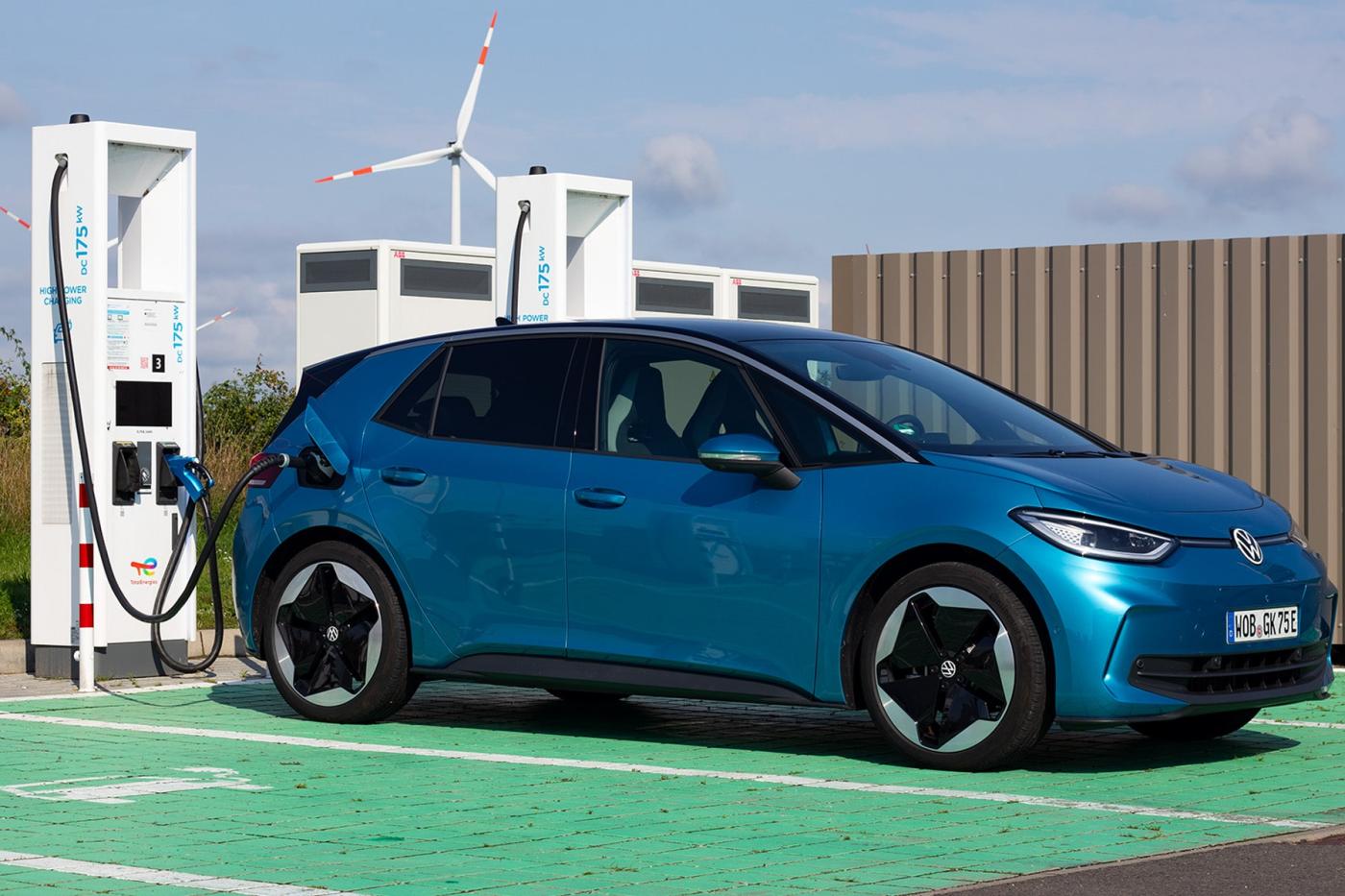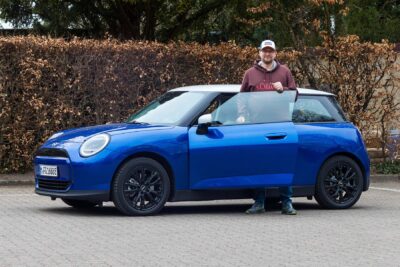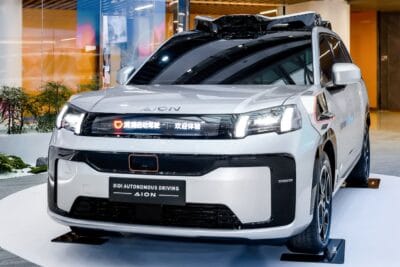Around half a million new electric cars registered in Germany in 2023
According to official data from the German Federal Motor Transport Authority, 524,219 new electric cars were registered in Germany last year, marking an increase of 11.4 per cent. However, the market for plug-in hybrids collapsed in 2023 with 175,724 new registrations compared to the previous year – a drop of around 50 per cent.
In the annual report published by the KBA, there were 2.84 million new cars across all drive types in 2023. This means that the car market as a whole has grown by 7.3 per cent compared to 2022. A total of 524,219 electric cars rolled onto the roads. This corresponds to a market share of 18.4 per cent and growth of 11.4 per cent (slightly more dynamic than the market as a whole). In 2022, there were still 470,559 new electric cars.
However, the momentum has slowed: in 2022, the BEV segment still grew by 32.2 per cent compared to 2021 with a similar market share (17.7 per cent). However, there was also a comprehensive, reliable subsidy at that time. By contrast, 2023 was characterised by the expiry of the environmental bonus for commercial owners in September. This was followed in mid-December by the ad hoc end of the environmental bonus in general. As the bonus would have been regularly reduced in 2024, there were probably also early registrations at the end of 2023. However, the complete discontinuation was so spontaneous that it may have impacted the registration figures for the final month for a few days at most.
The market for plug-in hybrids fell by around half in 2023 compared to the previous year with 175,724 new registrations, specifically by -51.5 %. This comes as little surprise, as the purchase of plug-in hybrids was still subsidised in 2022, which caused premature registrations and subsequently triggered a vacuum. After all subsidies were discontinued, plug-in hybrids only had a market share of 6.2 per cent in 2023. In the previous year 2022, it was still 13.7 per cent.
In the year just ended, hybrid drives achieved a share of 29.5 per cent with 840,304 units. Compared to the market as a whole, their sales developed at a below-average rate with strongly curbed growth of 1.6 per cent. If you exclude the plug-in hybrids just mentioned, the result is 654,580 hybrids without plugs with a market share of 23 per cent.
And the classic combustion cars? Petrol cars had a market share of 34.4 per cent in 2023 (2022: 32.6 %). The 978,660 newly registered units represent a growth of 13.3 per cent. Diesel registrations grew by three per cent to 486,581 cars, which corresponds to a 17.1 per cent share of the overall market (2022: 17.8%). LPG-powered cars (13,147, -12.4%, market share: 0.5%), natural gas-powered cars (1,327, -28.1%, market share: 0.0%) and fuel cell cars (market share: 0.0%) continue to play a minor role.
Even if this reads as if combustion engines are experiencing a small revival: their growth spurt is due to the exceptional year 2022 – with a rather artificially created electric car boom or an artificially created combustion engine dip before the environmental bonus reduction at the end of 2022. In this respect, the 2023 development corresponds to a reflection of the less regulated market.
This becomes particularly clear in the example of December: in 2022, 104,325 new electric cars were registered in that month. In other words, exactly one-fifth of the electric cars registered in 2023. An extremely high figure due to the subsequent reduction in the environmental bonus. In December 2023, there were not even half as many, namely 54,654 new electric cars, which is still a good figure for the past year.
The sharp decline of 47.6 per cent is an effect of last year’s exceptional month and the fact that many tradespeople bought electric cars ahead of time under the higher 2022 subsidy. The end of the environmental bonus for private individuals announced a few weeks ago, on the other hand, probably came too suddenly to cause another boom on a similar scale to the previous year. However, the move will have had a certain influence, as it became clear a few days in advance that the environmental bonus would be cancelled on a fairly ad-hoc basis. In addition, a further reduction in the bonus was theoretically imminent. December 2023 was the second-best month in terms of new BEV registrations after August 2023 (before the end of the subsidy for tradespeople).
It will now be interesting to see how the end of the subsidy for electric cars is reflected in future registration figures. The complete discontinuation of the environmental bonus will not change anything for tradespeople who purchase company cars. In this respect, there should be a firm sales base for BEVs, supported by the economy. However, it cannot be ruled out that registrations of battery-electric cars will develop with a one-year delay, similar to the plug-in hybrid curve of 2023. Falling prices for electric cars could counteract this. And these are already on the horizon. In this respect, 2024 will be one thing above all – exciting!
kba.de (in German)





0 Comments